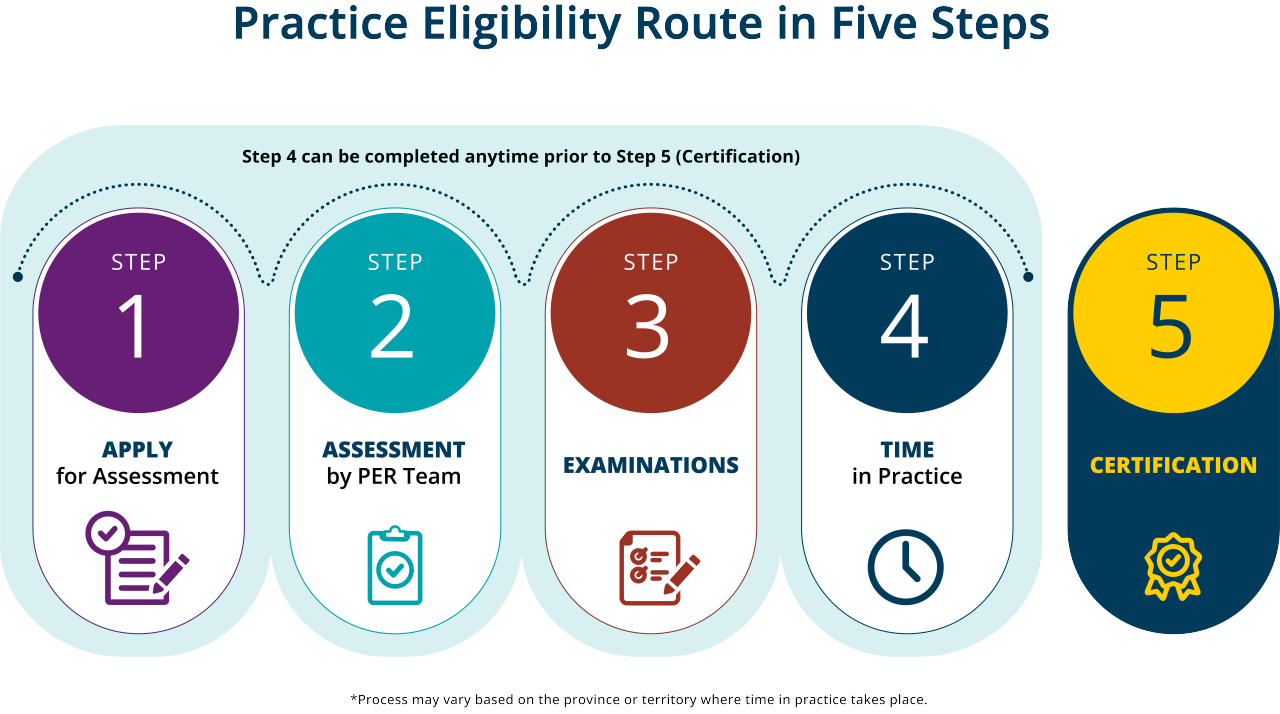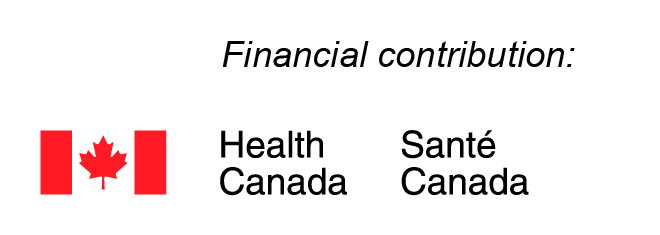- My MOC
- Directory
Menu

 5 MIN READ
5 MIN READ
The Royal College is doing its part to address Canada's health care challenges by introducing significant updates to the Practice Eligibility Route (PER) process for specialists. These changes aim to streamline the certification path for international medical graduates, ensuring they can integrate more efficiently into Canada's health care system while maintaining the high standards of care Canadians expect.
Glen Bandiera, MD, FRCPC, Executive Director of Standards and Assessment at the Royal College, notes: “By cutting down barriers and making our PER process more efficient, we're dramatically improving the experience for these doctors and building a more diverse and strong health care workforce for Canadians."
We leveraged the switch to competency-based assessment to enable several policy updates to improve the PER process:
We also mapped the entire process to identify areas for improvement. Key enhancements include:
We are improving the website to make it easier for candidates to navigate. It will include an interactive tool that guides candidates through the PER process, providing clear access to relevant information tailored to their unique training backgrounds. New graphics will also guide candidates to key information.

Figure 1: One of the new visual aids guiding candidates to key information.
Additionally, we are developing webinars to support candidates in understanding the updated PER qualification criteria and certification process. After each webinar, information packages will be sent to participants to support their journey.
The PER initiative plays a crucial role in addressing Canada's health care challenges by expediting the integration of skilled specialists into the health care system.
Chantal Benoit, Manager, Credentials Unit at the Royal College adds that: "Streamlining the path for competent internationally trained doctors to practice in Canada means they can start caring for patients sooner, leading to better health outcomes and helping to ease the strain on our health care system."
Supported by a $1.49 million contribution agreement with Health Canada, the Royal College is working collaboratively with system partners to address the ongoing health human resource crisis while maintaining quality care for Canadians.

The views expressed herein do not necessarily represent the views of Health Canada.